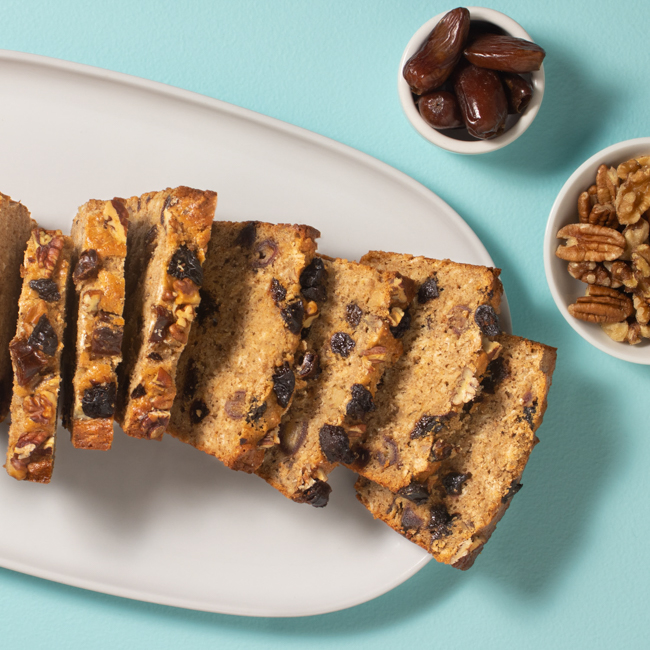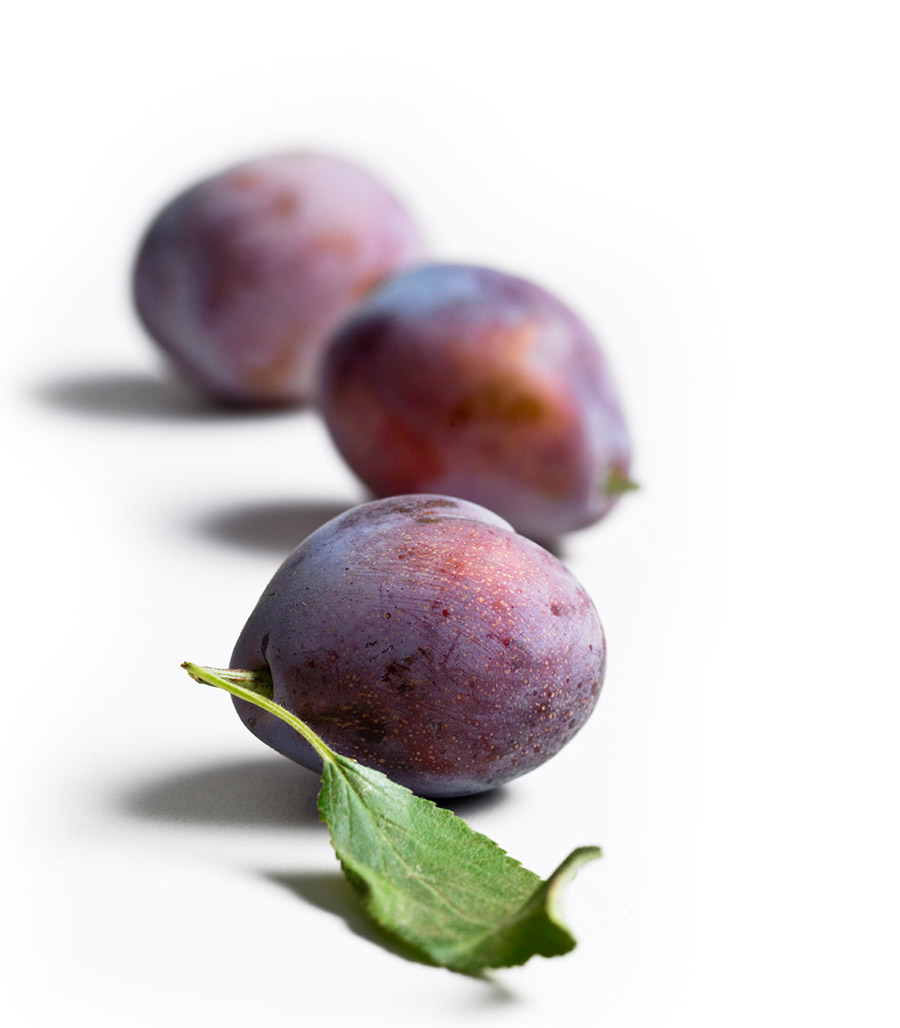
Prunes support heart health in two ways: protecting arteries and reducing damage from oxidative stress, even in diets that are not considered healthy.
While fiber is commonly associated with lower cholesterol—and countless studies have looked at how high-fiber foods, such as oat bran, lower blood-cholesterol levels—there’s more to the story, specifically when it comes to soluble fiber.
Los Angeles Atherosclerosis Study
In the 2003 Los Angeles Atherosclerosis study, researchers observed that consuming pectin, a soluble fiber, slowed the thickening of artery walls caused by plaque formation. Prunes, which are already well-known for being a high-fiber food, also are rich in pectin.
Oxidative Stress
Plus, prunes support heart health by reducing damage from oxidative stress, even in diets that are not considered healthy. In a 20-week study on rats prone to developing plaque build-up, the rats that were fed a high-cholesterol diet containing prune powder had their plaque lesions reduce even though their cholesterol stayed high. So prunes may help to slow the development of atherosclerosis even when the rest of the diet is unhealthy.
And one small study on men with cholesterol concerns found similarly promising results. In this case, the subjects were divided into two groups: men who were given prunes to eat and men who were given grape juice to drink. The men in the study with mildly high cholesterol who ate prunes decreased their LDL cholesterol levels while the men who drank grape juice saw their LDL levels rise. Though, as noted, this was a very small study and would need to be replicated on a larger scale to confirm any findings.
What We Know
There’s a lot more to learn about prunes, though this early evidence shows that prunes may have a positive effect on heart health due to the combination of fiber, antioxidant phenolic compounds, and other minerals.
Sources
Wu, H., Dwyer, K., M., Fan, Z., Shircore, A. Fan, J., and Dwyer, J. H. (2003). Dietary fiber and progression of atherosclerosis: The Los Angeles Atherosclerosis Study. American Journal of Clinical Nutrition. 78: 1085-1091.
Gallaher, C., Gallaher, D. (2009). Dried plums (prunes) reduce atherosclerosis lesion area in apolipoprotein E-deficient mice. British Journal of Nutrition 101, 2: 233-239.
Tinker, L., Schneeman, B. O., Davis, P. A., Gallaher, D. D., and Waggoner, C. R. (1991). Consumption of prunes as a source of dietary fiber in men with mild hypercholesterolemia. American Journal of Clinical Nutrition 53: 1259-1265.
For more health-related articles, read:


 日本語
日本語 한국어
한국어




